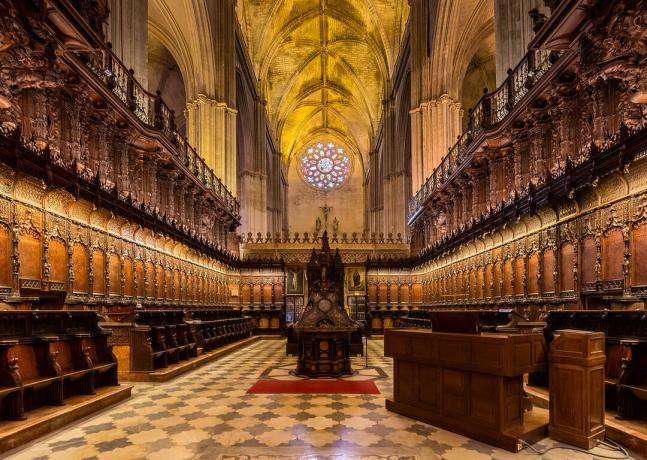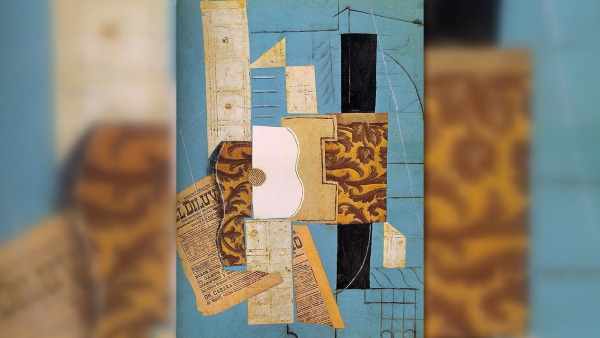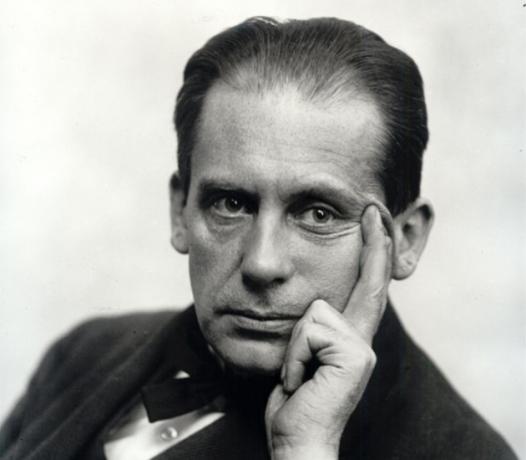Romanticism was a artistic, intellectual and philosophical movement that emerged in Europe in the late eighteenth century. In most places it reached its peak in the mid-19th century.
Romanticism emerged during the period known as Age of Revolutions (between the years 1774 and 1849), in which several political, social and economic transformations took place in the West. Among the main revolutionary movements of the time were the Industrial Revolution and the French Revolution.
Romanticism was characterized by the emphasis on emotions, at the individualism and on exaltation of nature. For these reasons, the movement is understood as a reaction to the exacerbated rationalism and materialism spread by the Enlightenment and the Industrial Revolution.
The Romantic period was also marked by the rejection of the precepts of order, harmony and balance, characteristic of Classicism. For the Romantics, the focus was on the subjectivity of each individual, including the irrational, the imaginary, the spontaneous, and the transcendental.
Although romanticism manifested itself most explicitly in the visual arts, music and literature. However, the movement also had a great impact on education, social sciences and natural sciences.
Specifically in politics, romanticism had a complex effect, as appeals to emotions inspired many political discourses used in conservatism, liberalism, nationalism, etc.
Romanticism sought a departure from the values of urbanization, progress and rationality. most its characteristicss are direct oppositions to these precepts. Among the main features of the movement are:
- Individualism and subjectivism;
- Valuing emotions and senses;
- Exaltation to nature;
- Rebellion and idealism;
- Focus on imagination.
read all about romanticism.
See also some Characteristics of Romanticism and read more about Industrial Revolution and Enlightenment.



